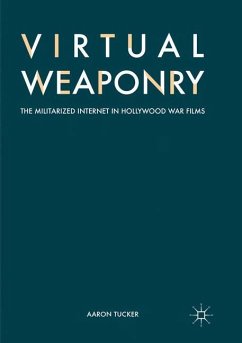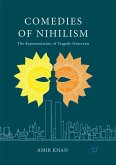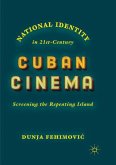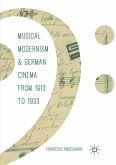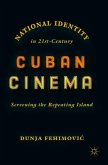This book examines the convergent paths of the Internet and the American military, interweaving a history of the militarized Internet with analysis of a number of popular Hollywood movies in order to track how the introduction of the Internet into the war film has changed the genre, and how the movies often function as one part of the larger Military-Industrial- Media-Entertainment Network and the Total War Machine. The book catalogues and analyzes representations of a militarized Internet in popular Hollywood cinema, arguing that such illustrations of digitally networked technologies promotes an unhealthy transhumanism that weaponizes the relationships between the biological and technological aspects of that audience, while also hierarchically placing the "human" components at the top. Such filmmaking and movie-watching should be replaced with a critical posthumanism that challenges the relationships between the audience and their technologies, in addition to providing critical toolsthat can be applied to understanding and potentially resist modern warfare.

